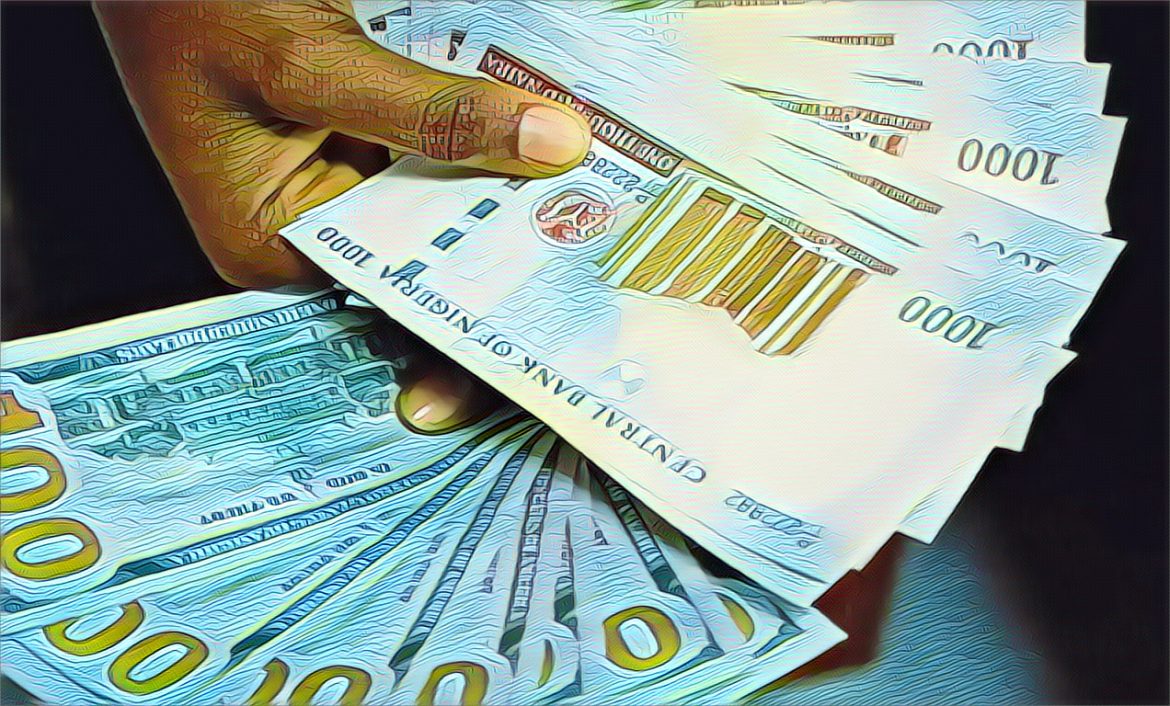Nigeria, Africa’s largest economy, is attracting foreign investors again after its currency, the naira, rallied below 1,000 per dollar on the parallel market. The naira has appreciated from as low as 1,300/$ a week ago, following positive sentiments around the government’s plans to boost dollar liquidity in the foreign exchange market.
According to the current web page context, the Central Bank of Nigeria (CBN) has cleared some of the outstanding foreign exchange forwards owed to some banks, including Citigroup, Standard Chartered, and Stanbic IBTC. The local banks have not been fully settled yet, but sources close to the presidency say they are next in line.
The CBN has also allowed market interest rates to rise to match inflation, which is at an 18-year high of 26.7 percent as of September. The one-year OMO bill, for instance, sold for 21 percent at the last auction, double last year’s return. The yield on the one-year Treasury bill had also doubled to 13.5 percent from 6.2 percent in June when President Bola Tinubu assumed office.
These developments have made Nigeria more attractive to foreign portfolio investors looking for high returns in emerging markets. JP Morgan, an American bank, said in a note to clients that the naira now ranks highest on its risk-reward scorecard due to elevated carry, but it remains on the sidelines waiting for better visibility on foreign exchange inflows and more consistent liquidity tightening measures.
Nigeria hopes to secure around $10 billion of new inflows to clear the remaining foreign exchange backlog, a major source of uncertainty and frustration for businesses and individuals. The country’s foreign exchange reserves rose to $33.39 billion on October 31 from $33.22 billion at the beginning of the month, according to data from the CBN.
The government has announced several steps to improve liquidity, including oil swap agreements, forward sales, and loans. Wale Edun, the finance minister and coordinating minister of the economy, said on October 23 that the country was expecting as much as $10 billion in new foreign currency inflows in the next few weeks.
Analysts and experts have welcomed the recent moves by the authorities, but they also cautioned that sustainability and transparency are key to restoring confidence and stability in the market. They also urged the government to implement structural reforms to diversify the economy and reduce its dependence on oil revenues.
Nigeria, which has over 200 million people, is recovering from a recession caused by the COVID-19 pandemic and a slump in oil prices. The International Monetary Fund (IMF) projects that the country’s gross domestic product (GDP) will grow by 2.6 percent this year after contracting by 1.8 percent in 2022.
Source: BusinessDay NG


